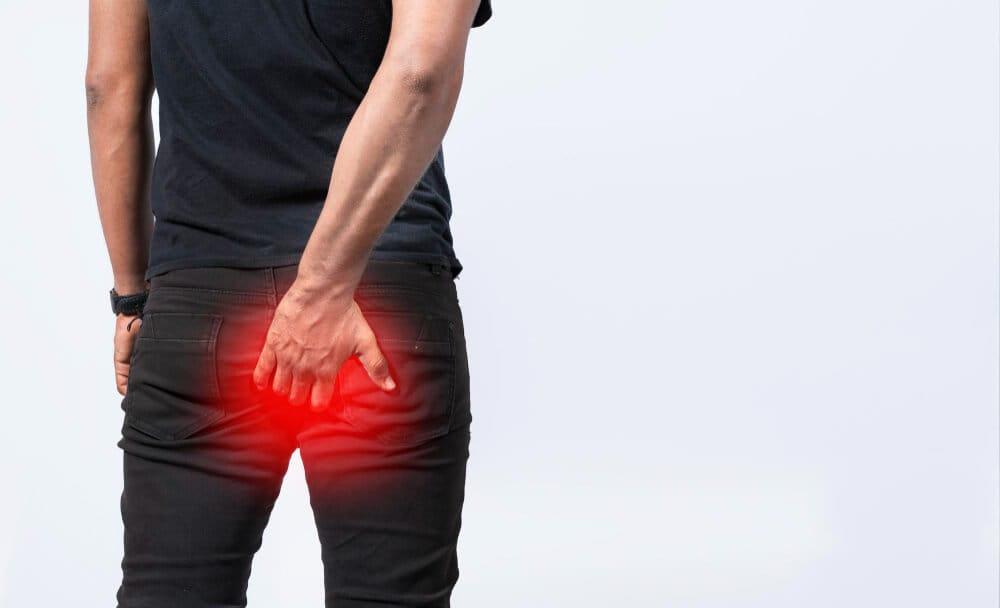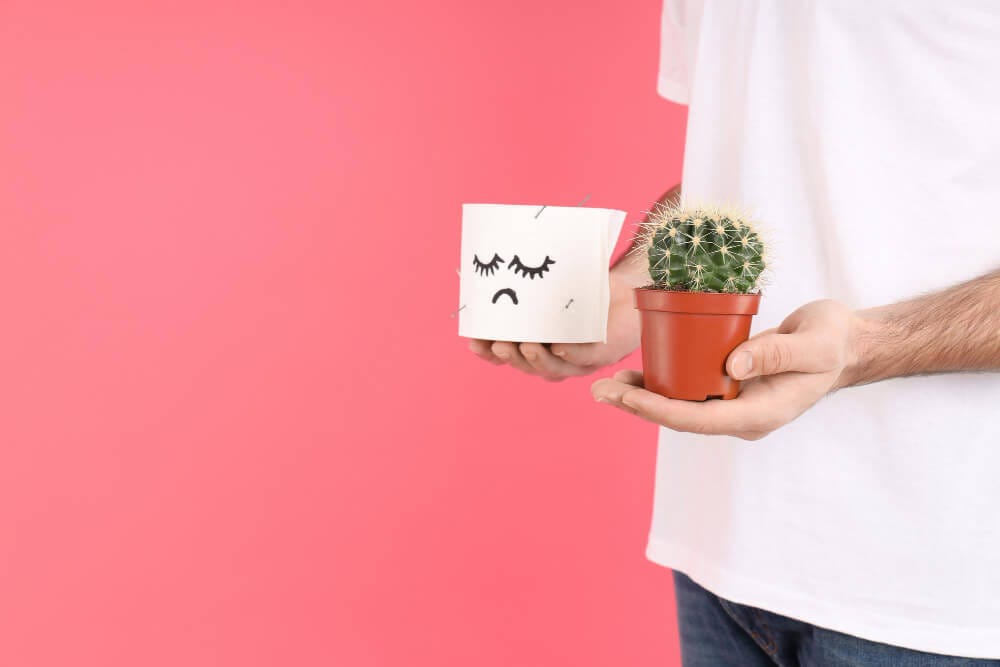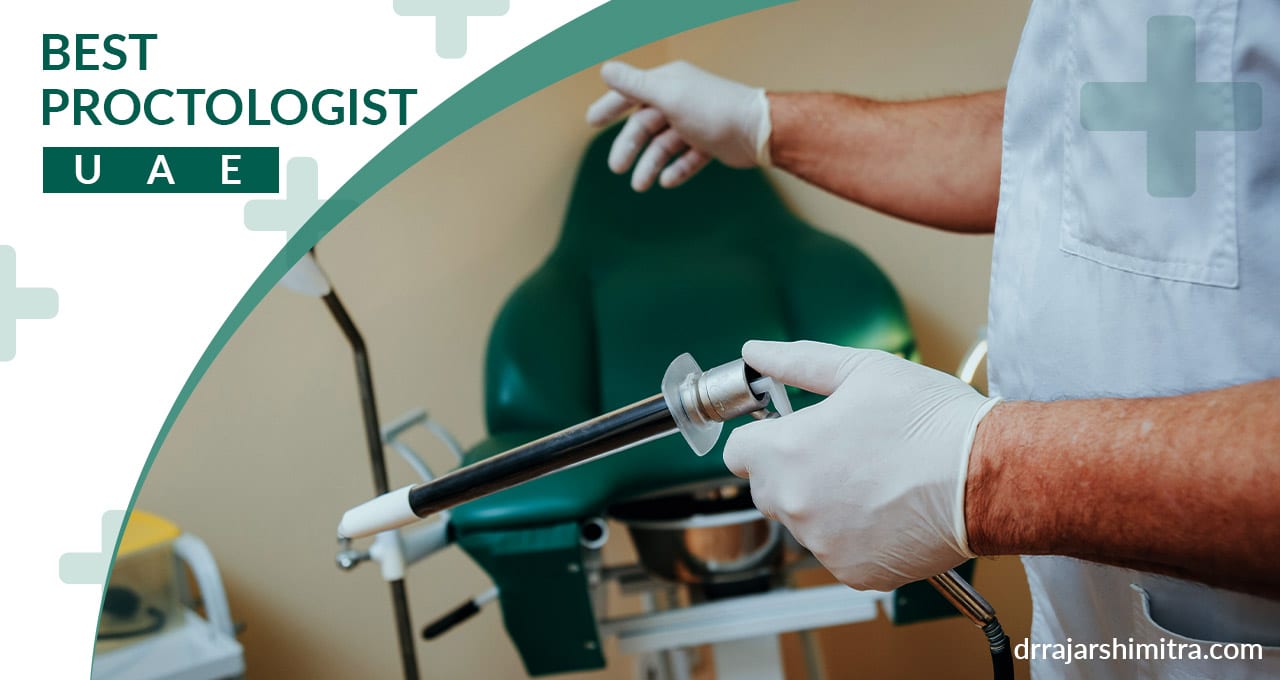During the holy month of Ramadan, many of you adjust your daily routines significantly, which can sometimes lead to unexpected health issues such as anal pain. We already know that anal pain and Ramadan at the same time can seriously trouble your spiritual journey this holy month.
This discomfort may arise from changes in diet, hydration levels, or prolonged periods of sitting during nightly prayers. Understanding the common causes behind this condition is crucial for addressing it effectively.
Here, we aim to equip you with knowledge of treatments and preventative measures to ensure your well-being while observing your religious practices. By staying informed, you can navigate these challenges more comfortably and maintain focus on the spiritual significance of Ramadan.
Anal Pain And Ramadan: Quick Tips For Prevention & Cure
- Anal pain during Ramadan can arise from various causes, including hemorrhoids and anal fissures, often exacerbated by changes in diet and hydration levels.
- Recognizing the symptoms early, such as sharp pain or discomfort after bowel movements, is crucial for timely and effective treatment.
- Simple lifestyle adjustments, like increasing fiber intake and staying hydrated, can significantly alleviate anal pain and prevent its occurrence during fasting periods.
- Incorporating preventative measures, such as regular exercise and avoiding prolonged sitting, can help minimize the risk of developing anal pain during Ramadan.
- Over-the-counter treatments and home remedies can provide relief for mild cases, but it’s important to explore medical or surgical options for persistent or severe pain.
- Consult a healthcare professional if you experience persistent or severe anal pain, as it may indicate a more serious condition requiring professional medical intervention.

Common Causes of Anal Pain During Ramadan
Diet Changes
During Ramadan, your eating and drinking habits change. This can lead to constipation, a common cause of anal pain. Eating less fiber and not drinking enough water are big reasons for this issue.
Constipation makes bowel movements hard and painful. It strains the area around your anus. To avoid this, include more fruits, vegetables, and whole grains in your meals. Drink plenty of water during non-fasting hours.
Hydration Levels
Not drinking enough water is another big problem during Ramadan. It increases the risk of anal fissures. These are small tears in the skin around your anus.
Anal fissures cause sharp pain when you go to the bathroom. To prevent them, try to drink as much water as possible after sunset and before dawn.
Prayer Postures
Ramadan involves long periods of prayer, which means you’re often sitting or standing for a while. If you already have rectal conditions like hemorrhoids or thrombosed hemorrhoids, this can make things worse.
Prolonged sitting or standing puts extra pressure on your pelvic area. Try using a cushion when sitting down for prayers or take short breaks to walk around if possible.
Recognizing Symptoms of Anal Fissures and Hemorrhoids
Bright Red Blood
If you notice bright red blood on your toilet paper, it might alarm you. This is a common symptom of both anal fissures and hemorrhoids. Don’t panic, but do pay attention.
Blood from these conditions is usually noticeable after a bowel movement. It’s different from other types of bleeding in the digestive system because it’s bright red. This indicates the source is near the end of your digestive tract.
Itching and Burning
An uncomfortable itching or burning sensation around the anus often accompanies these conditions. If you’re experiencing this, know that it’s a typical sign.
This irritation can be persistent or come and go throughout the day. It may get worse after using the bathroom or sitting for long periods.
Lumps Near Anus
Feeling any lumps near your anus could indicate hemorrhoids, also known as piles. These are swollen blood vessels that have formed into visible bulges. Such lumps can vary in size and may cause discomfort when sitting down or during bowel movements. In recognizing these symptoms early, you can seek appropriate treatment sooner rather than later.
A physical exam by a healthcare professional involves checking with a gloved finger for disorders like pelvic floor dysfunction or other conditions affecting health related to family history risks such as pregnancy impacting uterus pressure on veins leading to increased risk factors for developing symptoms like those mentioned above.
Remember to discuss all symptoms thoroughly with your doctor since they can provide specific advice tailored to your situation, including potential dietary changes like fiber supplements, which might help manage some symptoms effectively.

Managing Sharp and Pressurized Anal Pain
Ice Packs
Applying ice packs can significantly reduce swelling. This method also numbs the sharp pain you might feel in the anal area. It’s a simple yet effective way to get immediate relief.
Make sure to wrap the ice pack in a cloth. Direct contact with the skin can cause frostbite. Use it for 20 minutes, then take a break.
Warm Baths
Taking warm baths helps soothe your bottom section. The warmth relaxes the anal sphincter muscles, easing discomfort. It’s beneficial after bowel movements.
Fill your bathtub with warm water only up to where it covers your hips when sitting down. You can add Epsom salts for extra relief, but check with your doctor first.
Avoid Straining
Straining during bowel movements increases pressure on your rectal area. This pressure can worsen any existing tears or fissures, leading to more pain. To prevent straining:
- Stay hydrated.
- Eat fiber-rich foods.
- Exercise regularly.
These steps help keep bowel movements regular and soft.
Coping with Anal Pain After Bowel Movements
Gentle Cleansing
After experiencing sharp and pressurized anal pain during bowel movements, it’s crucial to adopt gentler cleansing methods. Using unscented wet wipes or rinsing with water can significantly reduce irritation in the anal canal. This method helps avoid further aggravation caused by dry toilet paper.
Remember, harsh chemicals and fragrances found in some products can lead to more discomfort or even anal itching. Opt for mild, unscented options to protect this sensitive area.
Topical Treatments
Applying over-the-counter topical treatments offers immediate relief and aids in healing. Look for creams designed specifically for anal pain that contain ingredients like lidocaine or hydrocortisone. These substances help soothe the area and reduce inflammation.
Before applying any product, ensure your hands are clean to prevent infection. A small amount of cream goes a long way in providing comfort after painful bowel movements.
Hydration & Diet
Staying hydrated is key to softening stools, making bowel movements less painful. Aim to drink plenty of water throughout the day. Incorporating stool softeners into your daily diet during Ramadan can also be beneficial if you’re dealing with hard stools regularly. Consider these dietary adjustments:
- Increase fiber intake through fruits, vegetables, and whole grains.
- Limit foods that may cause constipation or dehydration.
Preventative Measures for Anal Pain During Fasting
Fiber Intake
To prevent anal pain during Ramadan, focus on your diet. Increase fiber intake at Suhoor and Iftar. This helps maintain regular bowel movements.
Foods rich in fiber include fruits, vegetables, and whole grains. Aim to incorporate these into your meals. They not only aid digestion but also keep you feeling fuller longer.
Stay Hydrated
Drinking plenty of water is crucial during non-fasting hours. It keeps you hydrated.
Aim for 8-10 glasses between Iftar and Suhoor. Water aids in digestion and prevents constipation, a common cause of anal pain.
Gentle Exercise
Exercise gently to stimulate digestion. This reduces the risk of constipation.
Consider walking or light stretching after meals. These activities help with blood flow and can ease digestive processes.

Incorporating Lifestyle Changes to Manage Anal Pain
Squatting Position
Adopting a squatting position during bowel movements can significantly reduce strain. This position aligns your rectum in a way that eases the process. It’s a simple change with impactful results.
Many cultures have used this method for centuries. It’s known to decrease the risk of hemorrhoids, which are common during Ramadan due to altered eating schedules.
Limit Spicy Foods
Spicy foods can irritate your digestive system. During Ramadan, it’s wise to limit their intake. This will help manage anal pain and discomfort.
Foods high in spices increase acid production in your stomach. They can lead to indigestion or aggravate existing issues like hemorrhoids or fissures.
Regular Exercise
Engage in moderate exercise regularly. It improves digestion and reduces the risk of constipation.
Walking, swimming, or cycling for 30 minutes daily makes a difference. These activities boost blood flow and assist in maintaining healthy digestion throughout Ramadan.
Knowing When to Seek Medical Advice for Rectal Pain
Severe Pain
If you experience severe, unrelenting rectal pain, it’s crucial to seek immediate medical attention. This type of pain is not normal and could indicate a serious condition that requires prompt treatment.
Severe pain might come suddenly and feel unbearable. In such cases, contacting a healthcare provider without delay is the best course of action.
Blood Presence
Noticing consistent blood in your stools or on toilet paper warrants a consultation with a healthcare professional. Blood can be a sign of various conditions, some more serious than others.
It’s important to get this symptom checked out. Ignoring it could lead to worsening health issues over time.
Unresponsive Symptoms
When over-the-counter remedies fail to provide relief within a week, it’s time to consult with a healthcare provider. Persistent symptoms suggest that something more significant may be at play.
Getting professional advice ensures you receive the correct diagnosis and treatment plan tailored to your specific needs.
Treatments for Anal Pain: Medical and Surgical Options
Prescription Solutions
If you’ve tried home remedies without relief, it’s time to consult a doctor. They may prescribe creams or suppositories. These are especially useful for severe cases of anal pain.
Prescription treatments can reduce inflammation and pain quickly. Remember, these solutions work best when combined with the lifestyle changes discussed earlier.
Surgical Intervention
For persistent hemorrhoids, surgical options like banding might be necessary. This procedure involves placing a tight band around the base of the hemorrhoid. It cuts off its blood supply, causing it to fall off within a week typically.
In cases where topical treatments fail for chronic anal fissures, consider botox injections. These can relax the muscles and promote healing by reducing spasms.
Final Note From Dr. Rajarshi Mitra
Throughout Ramadan, you might face anal pain due to various reasons, including dietary changes and altered bowel habits. Understanding the common causes, recognizing symptoms, and knowing the treatment options are crucial steps toward managing this discomfort effectively.
By incorporating lifestyle changes and adhering to preventative measures, you can significantly mitigate the risk of developing anal fissures or hemorrhoids during this holy month. It’s essential to listen to your body and seek medical advice if the pain persists or worsens, as timely intervention can prevent complications.
Your health should always be a priority, especially during fasting periods. Implementing the discussed strategies can help ensure a more comfortable and fulfilling Ramadan experience.
Remember, taking proactive steps toward managing anal pain not only contributes to your physical well-being but also supports your spiritual journey. If you’re experiencing persistent anal pain, don’t hesitate to reach out to a healthcare professional for guidance and support.
FAQs
What are the common causes of anal pain during Ramadan?
Common causes include constipation due to reduced water intake, prolonged sitting or standing, and increased consumption of spicy foods. These factors can lead to conditions like hemorrhoids and anal fissures.
How can one recognize symptoms of anal fissures and hemorrhoids?
Symptoms include sharp pain during bowel movements for fissures, while hemorrhoids present as swelling, discomfort, or bleeding around the anus. Itching is also a common symptom for both conditions.
What are effective ways to manage sharp and pressurized anal pain?
To manage this type of pain, apply over-the-counter topical treatments like creams or ointments designed for hemorrhoid relief. Warm sitz baths can also alleviate discomfort.
What preventative measures can reduce the risk of developing anal pain during fasting?
Staying hydrated outside fasting hours, incorporating fiber-rich foods into Suhoor (pre-dawn meal) and Iftar (evening meal), avoiding spicy foods, and practicing regular gentle exercise can help prevent constipation and reduce strain on the rectum.
When should one seek medical advice for rectal pain?
Seek medical advice if experiencing persistent or severe rectal pain, noticeable changes in bowel habits, blood in stools, or if home remedies fail to provide relief within a week.



















